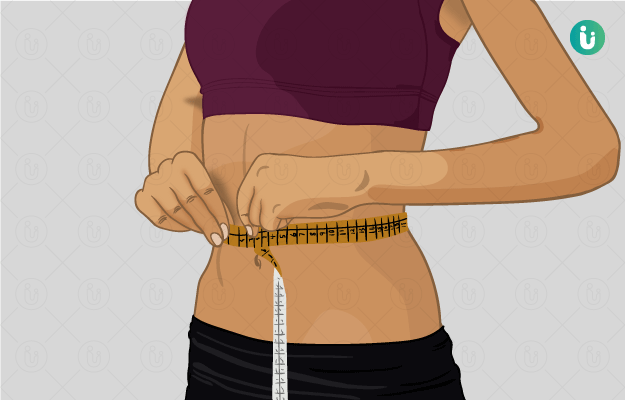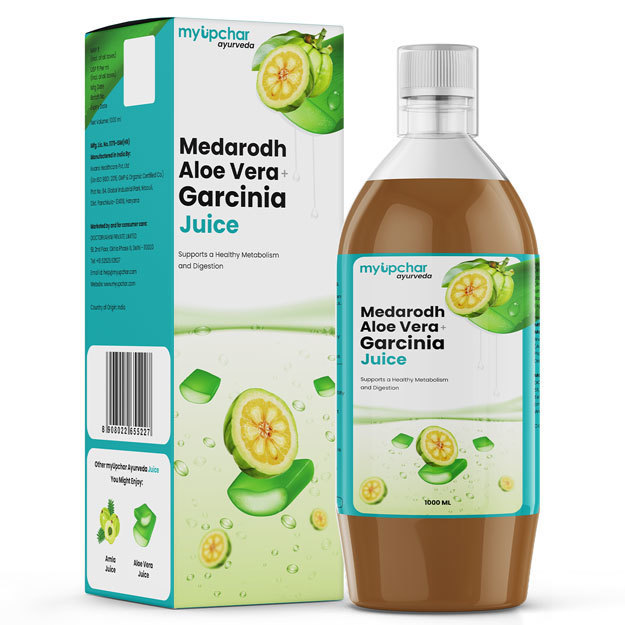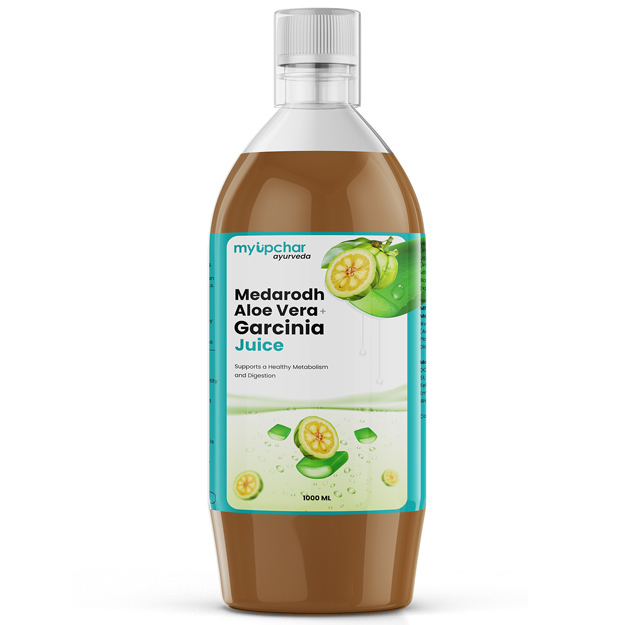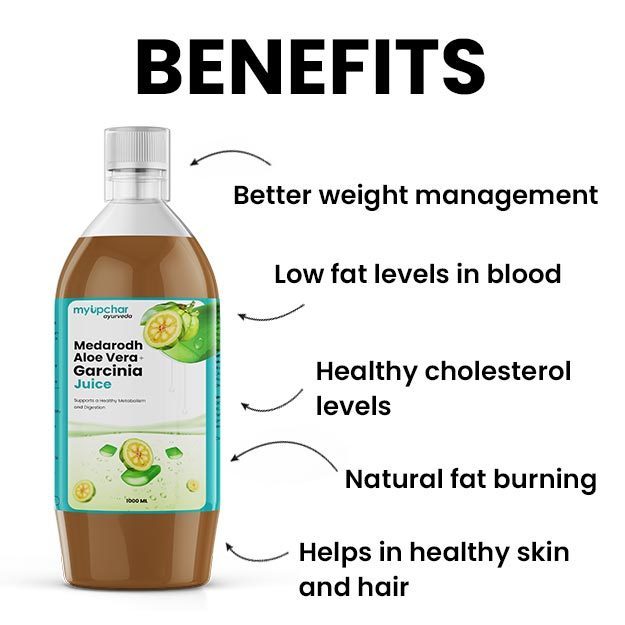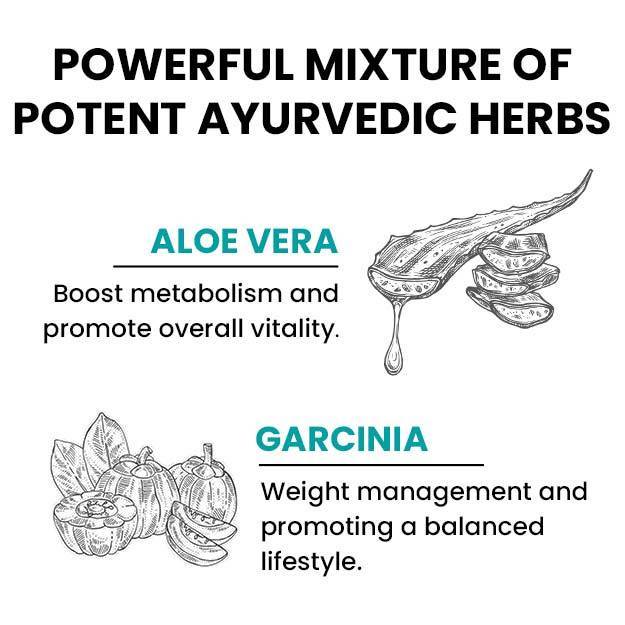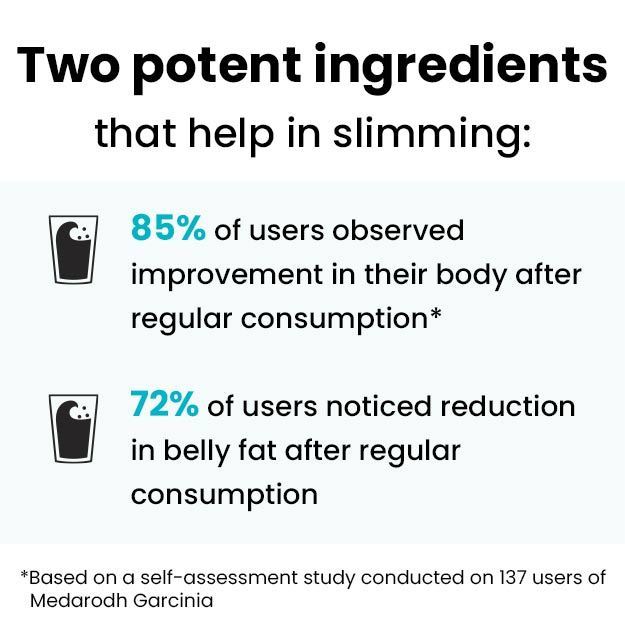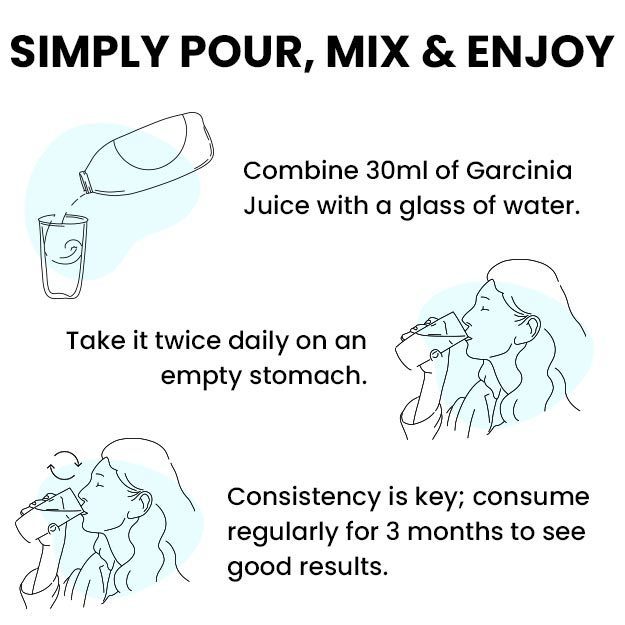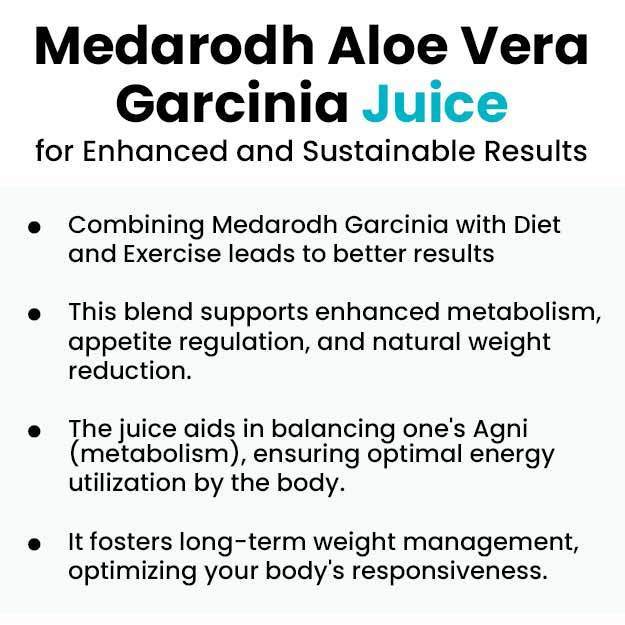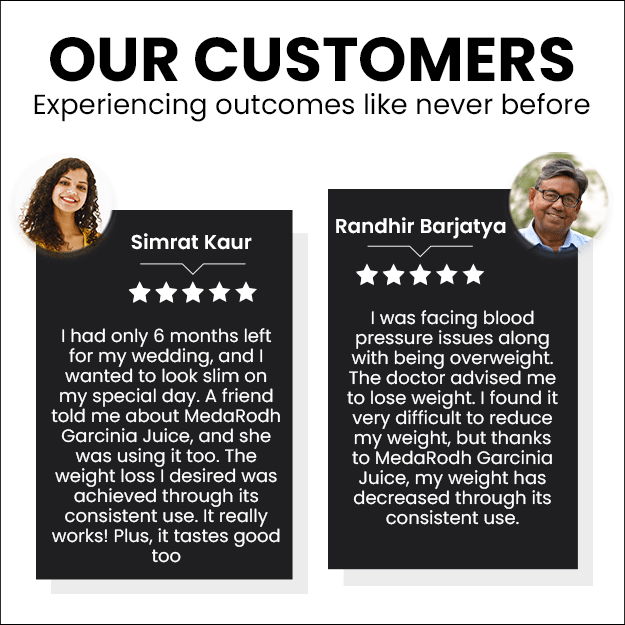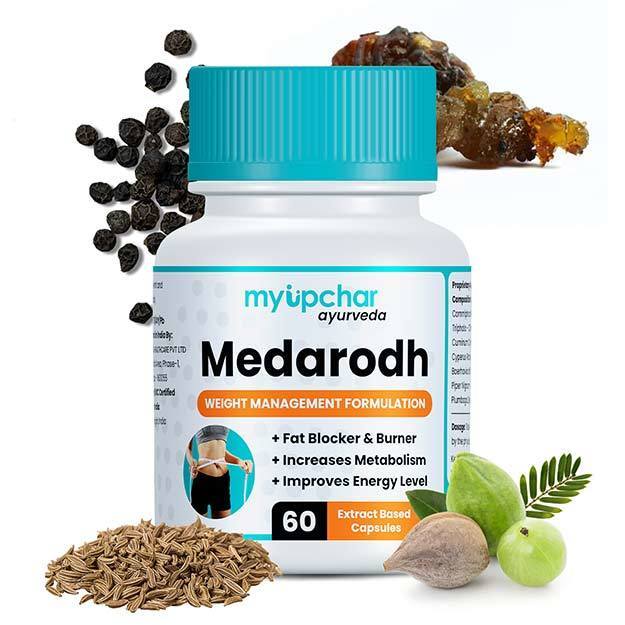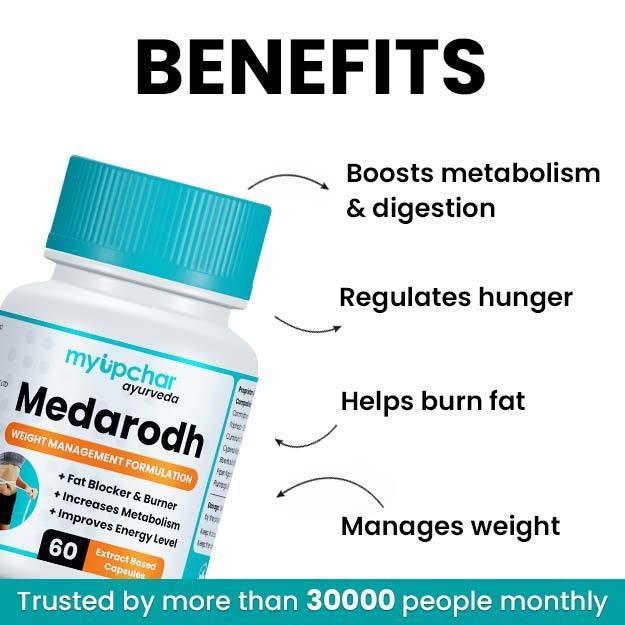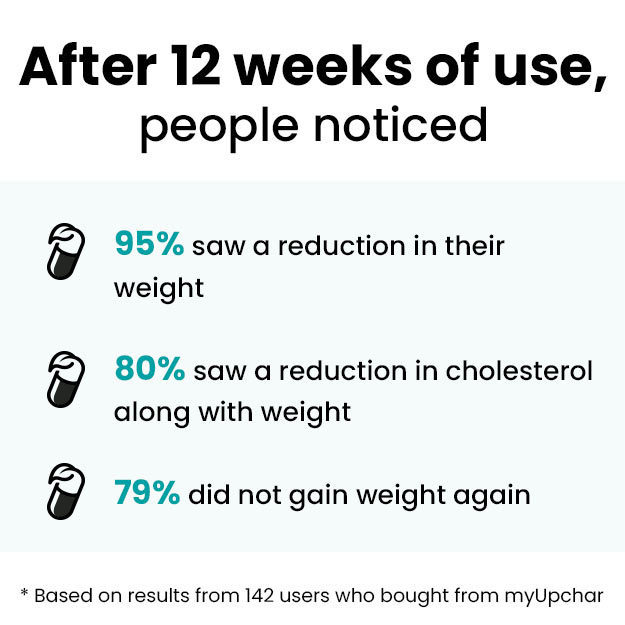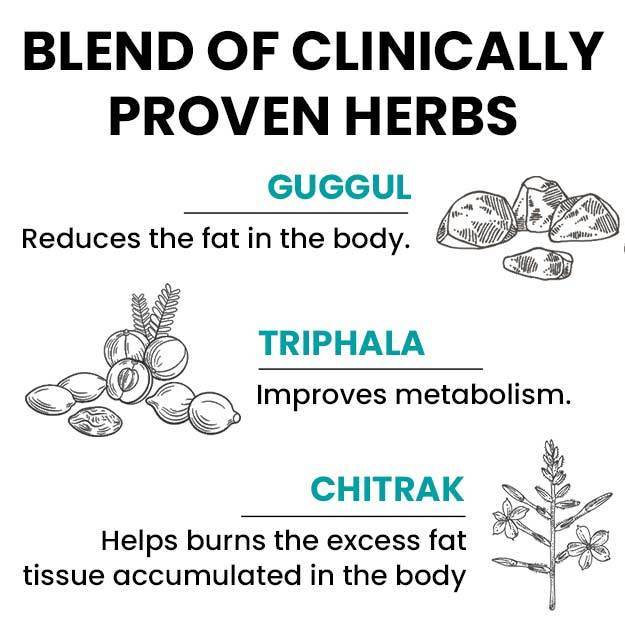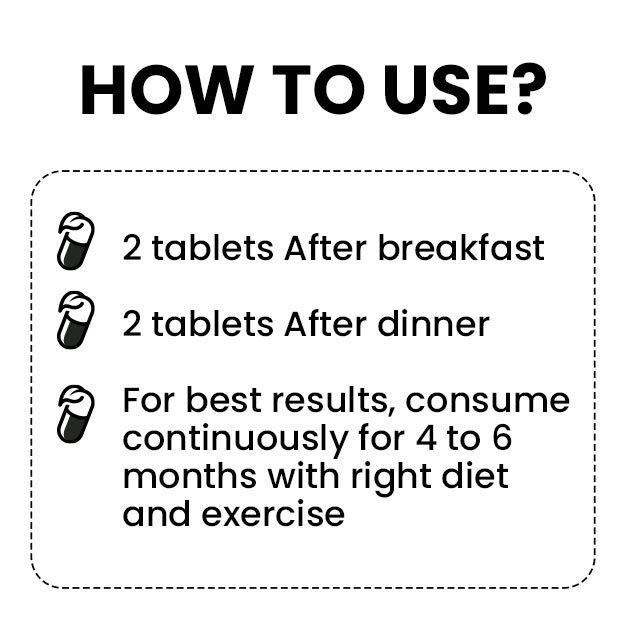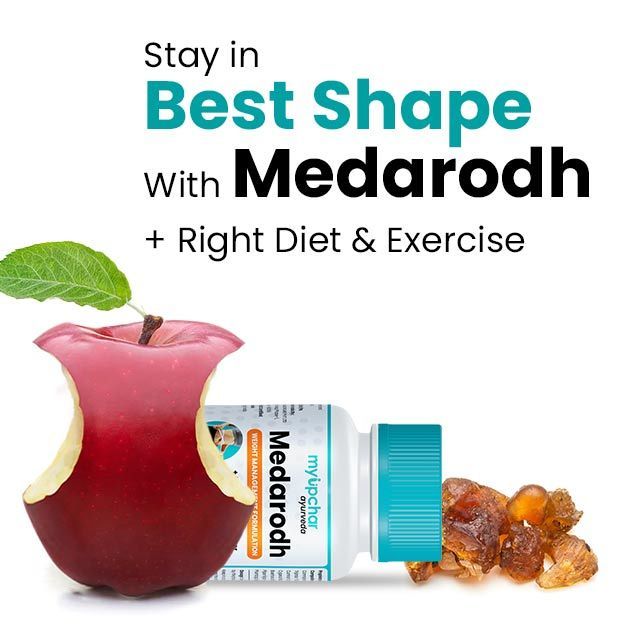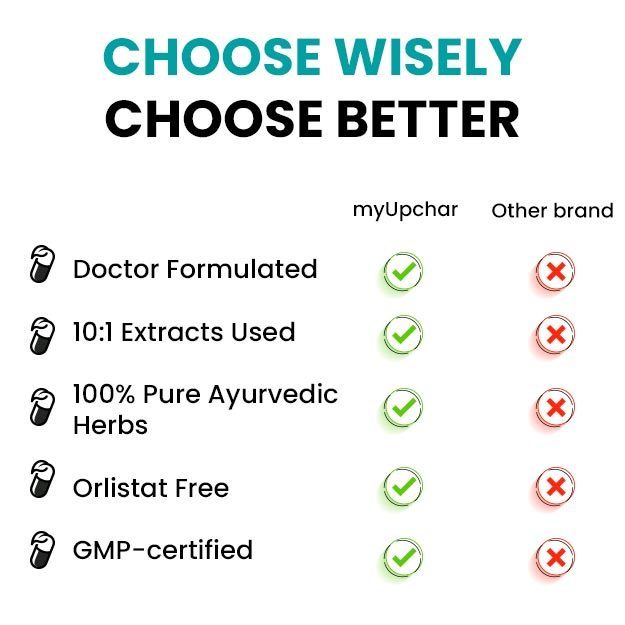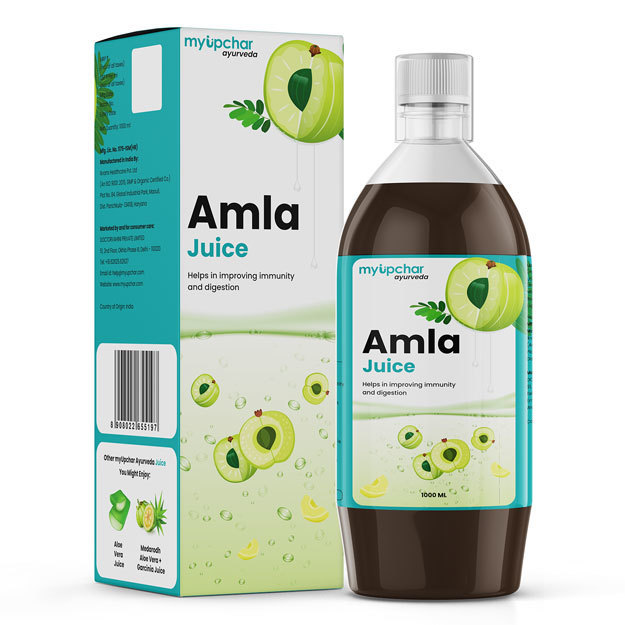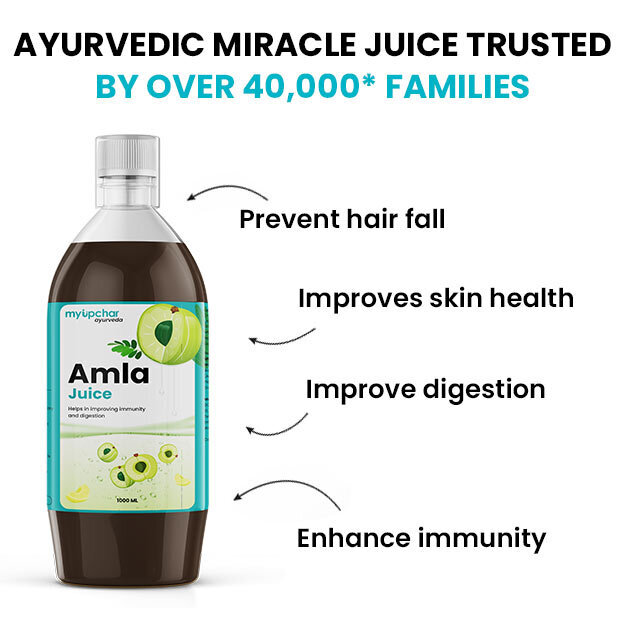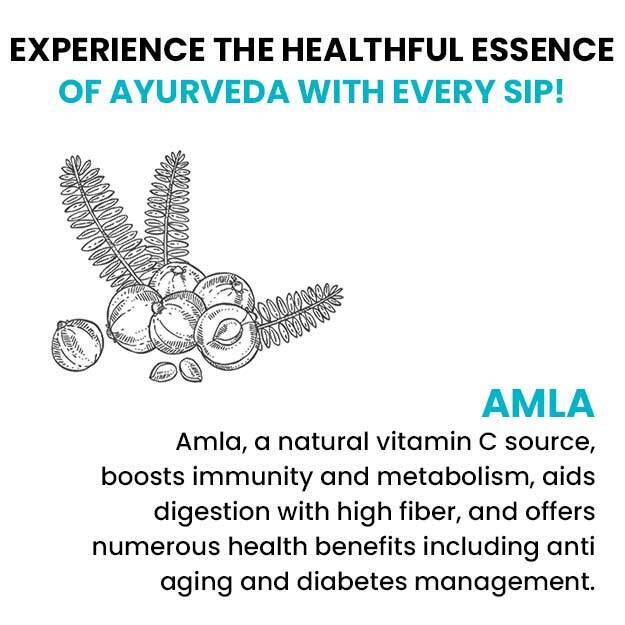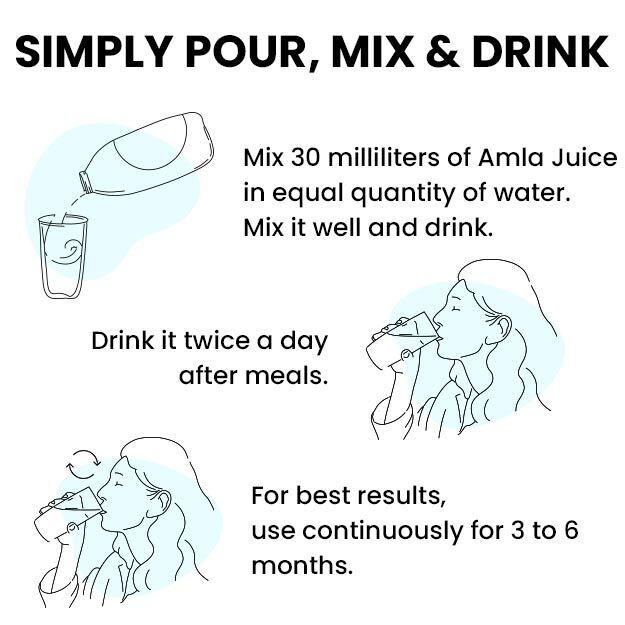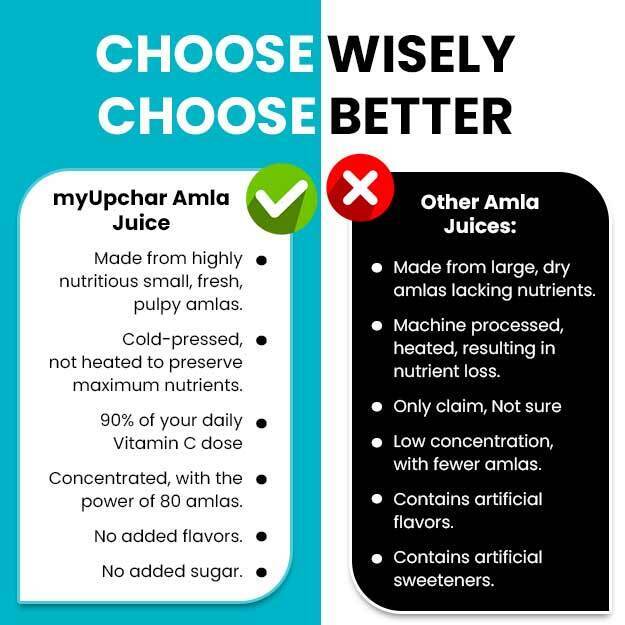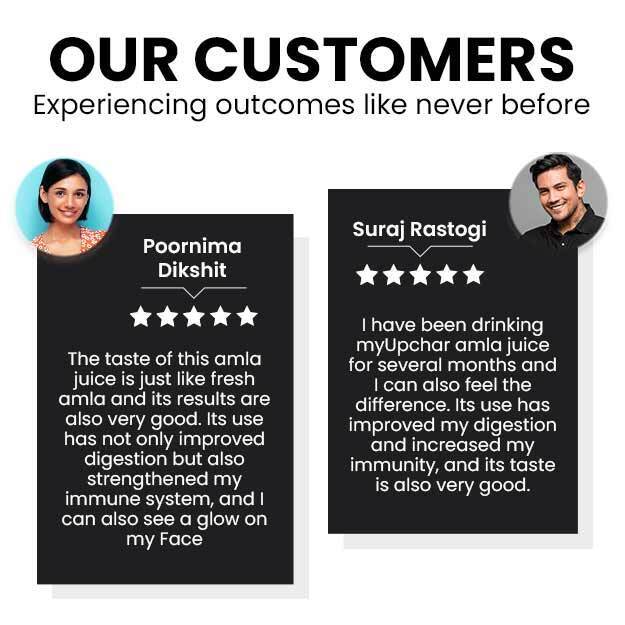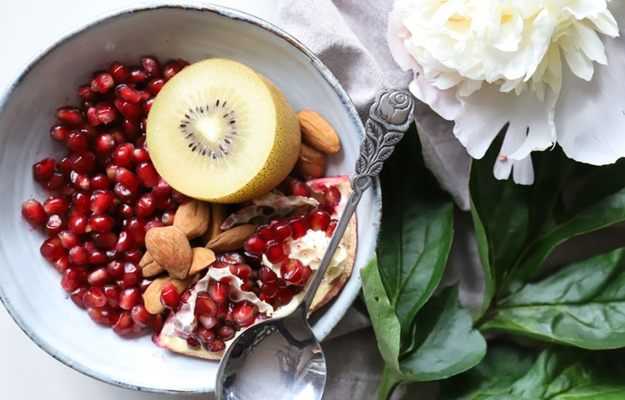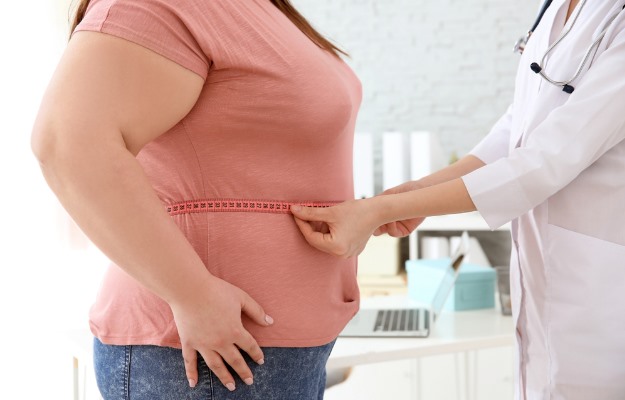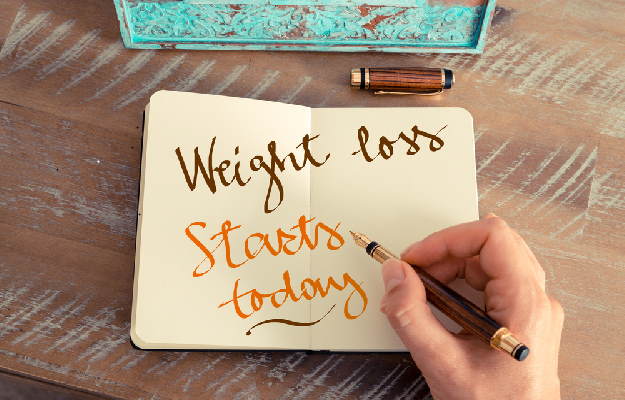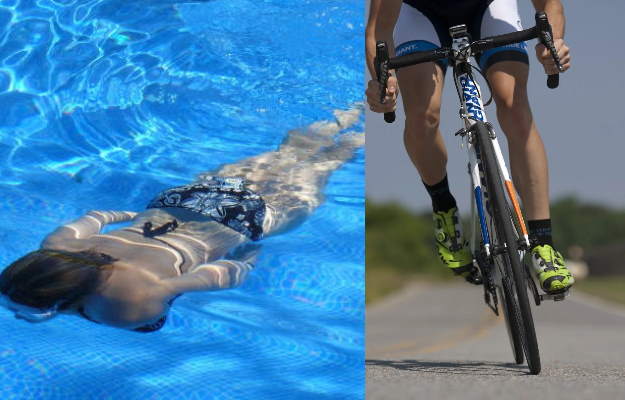Before you try your next crash diet or launch a new fitness regime to lose weight, stop and think. You may just want to shed some weight around your waistline and at the same time continue maintaining your muscle mass. Maybe you want an all-inclusive weight loss regime with specialised diet and exercise plan.
Whatever you decide, do not act in haste, weight loss is a marathon and not a sprint. If you want to lose weight, plan it intelligently, execute it meticulously and follow it religiously. Weight loss does not happen overnight.
Secondly, try and learn if you even need to lose weight or not? Because sometimes you might just desire to shed a few extra pounds even if your body doesn't need to. Accurate knowledge of your BMI (Body mass index) may help you know if you are obese or fall in the normal weight category as per your height. But what exactly is BMI? And how can you be sure what weight loss methods suit you well?
This article will answer all these questions and many more -
Please check this link for complete weight loss treatment.
- Do you really need to lose weight
- How to lose weight?
- Diet plan for weight loss
- Maintaining your weight
- Exercise for weight loss
- Some specific diet plans
- Takeaway
- Frequently asked questions
Do you really need to lose weight
Before you label yourself fat and jump on a weight loss regime, it is important to ascertain if your body even has enough fat to shed. To know the status of your body with respect to weight and body functions, start with a check of your body mass index (BMI). BMI is a measure of body fat based on your height and weight measurements. Once final BMI calculations are done, they will reveal the category to which you belong with respect to your weight, which is as follows -
- Underweight = <18.5
- Normal weight = 18.5–24.9
- Overweight = 25–29.9
- Obesity = BMI of 30 or greater
Now, if you lie in the region above normal weight, go ahead and read the full article to know more about weight loss and how to achieve it in a healthy way. Remember it's never too late to start.
(Read More - Homeopathic treatment for Obesity)
How to lose weight?
Losing weight requires a realistic plan that will help you cut the extra kilos without making you feel weak or in worst cases sick. Here is a simple 3 weight loss tips, you should stick with, in order to make your weight loss journey real and long-lasting.
- A proper diet plan
- Lots of regulated physical activity
- Maintenance of the above two
(Read More - Ayurvedic treatment for Obesity)
Diet plan for weight loss
The best way to lose weight is by making long term diet plans rather than forcing yourself to slog through some unhealthy starvation mode. You need food and energy to keep yourself going. So, starving yourself is never a healthy option. Always choose the right food that will make you feel full for a longer time without making you fat. Here are best way to loss weight -
Count your daily calorie intake
Everyone's body is different and so is our food requirement. It depends on several variables like height, weight, age, sex and physical activity. A person performing more physical work burns more calories compared to a person sitting all day in front of a computer. Similarly, a man needs higher calories than a female of the same age because of their natural body structure. An older individual needs fewer calories due to his decreased basal metabolic rate as compared to a young person and a person with more fat deposition or more muscle mass would burn more calories than a lean individual with relatively lesser muscle mass.
According to U.S Department of health and human services, average calorie intake for an adult woman is 1600 to 2400 calories per day and for adult men, it is 2000 to 3000 calories per day. The higher limit is for more active persons and lower ones are for idle individuals.
Once you analyze your daily activity and calorie requirement you can monitor how much you need to lose. For losing weight, there has to be a net calorie-deficit, with your daily calorie intake less than the calories you burn. This is the easy ways to lose weight.
How much should you eat: Control your portion
Even with a plethora of choices when it comes to available types of food, you must always measure how much to eat. In order to lead a healthy life and lose weight (preferably fat), you have to regulate what and how much quantity of food you are eating.
Most people tend to fill their plate with lots of cereals and little vegetables or binge on a whole pizza meant for multiple persons the moment they start to have hunger pangs.
However, according to the WHO, a healthy diet should contain fruits, vegetables, legumes, nuts and whole grains (brown rice, whole wheat, oats, maize, millet). This includes:
- At least 400 grams (5 portions) of fruits and vegetables per day
- Consumption of unsaturated fats (fats from fish, avocado, nuts, olive oil) rather than saturated fats (found in fatty meat, butter, coconut, cheese, ghee)
- Taking no more than 1 teaspoon of iodized salt per day (5 grams)
Sweet potatoes, potatoes and other starchy foods are not considered as fruits or vegetables.
For effective weight loss, large portions of low-calorie foods (fruits, vegetables and lentils) and a very small portion of high-calorie foods (grains and other carbs) works best. This ensures that you get ample amounts of fiber, vitamins and minerals without increasing your total calorie count.
Mindful eating: Keep tabs on your nutrition count
Losing weight should not tantamount to weakness or reduced work ability. In order to offset any energy loss due to calorie-deficit, you need to check your nutrition count. You should have an adequate understanding and knowledge of what foods to eat in order to fulfil all your nutritional requirements and induce weight loss at the same time.
Nature provides a whole range of nutrients through its bounty of available foods. But no single food item has all the nutrients and that demands a diet rich with different types of foods. Eating more fresh fruits and vegetables adds a lot of fiber to diet with low amounts of fat, salt and sugar. Fiber-rich food will keep you full and satiated for a longer time. This will diminish your food cravings and ultimately make you eat less, aiding weight loss.
Other than that, fiber will also improve digestion and absorption of nutrients, keeping you energised throughout the day. Fiber also enhances weight loss and helps prevent serious health problems like coronary heart disease, diabetes, hypertension and gastrointestinal diseases. Daily dietary intake of fiber should be around 14 grams/1000 kilocalorie.
(Read More - Medicines to reduce belly fat)
What to avoid?
Like everything else, there are certain red flags which need to be highlighted when it comes to weight loss. Not heard about these red flags? Don't worry, this article will tell you everything. To get your weight right, avoid eating the following things:
- Sugar: Sugar is one of the worst enemies to a good weight loss regime. Most sugars are empty calories with no nutritional value. Keeping a check on your total sugar intake lets you reduce your total calorie count, making space for healthier and nutritionally rich foods. So, avoid adding extra sugar to your coffee and tea. Stay away from soft drinks since they are loaded with sugar. And most importantly, replace sugar with more natural alternatives like honey or jaggery.
- Processed food: Usually all the processed foods contain processed sugar, which is detrimental to your gut and bad for your weight loss. They also make you bloat and cause gastrointestinal problems in the long run. Try to eat more homemade meals in place of packaged foods.
- Excess salt: Your body needs more potassium than sodium to carry out its day to day activities. Processed foods are rich in sodium and they tend to decrease potassium levels. High sodium intake may lead you to many health issues like heart disease, and kidney problems. It also makes you bloated, which just adds to water weight.
- Fats: Cutting down the total fat intake is probably the first thing that comes to mind when one thinks of weight loss. However, it is important to note that fats make up an important part of your body’s metabolic functions. During the lack of this macronutrient, you might be prone to various health conditions like hormonal disturbances. Instead of avoiding fats altogether, remove all saturated fats from your diet. These are a type of dietary fat that have the most health risks and are usually associated with fat accumulation in body tissues. Avoid cooking oils such as coconut oil and palm oil and opt for oils rich in unsaturated fats like olive oil, sunflower oil and canola oil.
- Emotional eating: How many times did you eat a whole bag of chips due to an emotional breakdown? Emotional eating and negative thinking make it difficult to shed all those kilos no matter how much effort you put into it. Studies indicate that mindful eating and positive self-image is conducive to weight loss in emotional eaters. So, the next time you go through an emotional whirlwind, try to snack over fruits instead. Reward yourself with other activities like nature walks, learn something new every day such as swimming, dancing, yoga. This will not only relieve stress but also improve your health and well being.
- Alcohol: You may think that alcoholic drinks don't have any calories. But it's not true. Depending on the type and amount of alcohol you may pile up anywhere between 300 to 500 calories every time you go out for a drink. If you're on a weight loss journey, even such amounts should be avoided to achieve realistic results.
(Read More - Diet chart for weight loss)
Maintaining your weight
Now if you think that by achieving your weight loss goals the battle is won, you are in for a surprise. You have to maintain your hard-earned gains otherwise it will lead you to the same spot where you started. To avoid this you need to maintain your new weight without any major fluctuations.
Stay motivated and keep track of your progress. Include more plant-based foods in your diet. Optimize your non-vegetarian food intake but minimize frozen and red meat.
Involve your friends and family in your fitness journey and help each other achieve your health goals.
(Read More - Health risks of being overweight)
Exercise for weight loss
Incorporating some amount of physical activity is an essential part of any fitness plan. It becomes even more important when your goal is to lose weight. Physical activity burns calories and increases your metabolism at the same time. It provides a tone to your muscles and adds to your overall strength. By burning calories, regular physical exercise helps you maintain a calorie deficit while you're eating a low-calorie diet, resulting in weight loss. Here are few beneficial exercise as weight loss tips -
Walking:
If you are someone who has not had a long experience of strenuous physical activity, you need to start slow in order to avoid any muscular injury. Start with brisk walking for smaller durations and then increase it gradually. Use pedometers to count your steps. A mean of 10000 steps per day has shown positive effects on weight loss.
(Read More - How to reduce belly fat)
Aerobic exercise:
Aerobic exercise basically means exercising with oxygen. This is also termed as cardiovascular exercise or cardio as it increases your heart and breathing rates. It includes many activities like swimming, running, jogging, dancing, biking, climbing, playing sports like table tennis, basketball, badminton. Again, be realistic, start by setting small goals and be consistent.
(Read More - How to lose hip fat)
Strength training:
Strength training or resistance training comprises of exercises where your muscles work against a resisting force like weights or tension. When done regularly, it adds strength and mass to your muscles. Greater the muscle mass, greater will be the number of calories burned during exercise.
Start with bodyweight squats, pushups, chin ups etc until you become strong enough to move more weight safely.
Along with weight loss, strength training will improve your body posture and muscle tone. It also prevents you from many health risks like osteoporosis, heart-related diseases, diabetes, arthritis, and back pain.
(Read More - How to lose weight after pregnancy)
Recommended amounts of physical activity:
Now that you know about the types of physical exercises to achieve weight loss. Here is the recommended amounts of physical activity that is needed to lose weight quickly and efficiently and for preventing injuries and overstraining.
- Maintaining and improving health: 150 minutes/week
- Prevention of weight gain: 150-250 minutes/week
- Significant weight loss: 225-420 minutes/week
- Prevention of weight gain after weight loss: 200-300 minutes/week
(Read More - Does eating less lead to weight loss)
Some specific diet plans
To help you initiate your weight loss journey, here are some well-known diet plans:
Keto diet
Keto diet is used for a short interval of time, minimum of 2-3 weeks up to 6-12 months and works by the principle of burning fat rather than carbohydrates for energy.
It includes the consumption of high amounts of fats (55-60%), moderate amounts of proteins (30-35%) and very low amounts of carbohydrates (5-10%).
This diet plan has shown results in terms of weight loss though it is not recommended for everyone. If you're suffering from any liver issue, you should not follow this diet plan.
(Read More - What to eat to lose weight)
Intermittent Fasting
Intermittent fasting entails eating during a limited window of time in a day and abstaining from consuming any food for the rest of the day. During the fasting spell, your body uses the stored fat as a source of energy, thus making you thinner. It's an effective way to lose weight. Duration of fast varies from person to person. You can also opt for alternative feed and fast days or a cyclical fasting schedule.
(Read More - Diet plan to reduce belly fat)
Mediterranean diet
This diet typically emphasises on consumption of fresh fruits, vegetables, legumes, healthy fat sources like fish, seafood, olives and minimizes intake of red meat and poultry items. Due to the preference of healthy low-calorie foods, the Mediterranean diet has shown to reduce risks of cardiovascular diseases, cancer and increase cognitive health.
(Read More - Fruits and vegetables for weight loss)
Takeaway
Natural methods should be used as part of the solution to reduce weight. This safely reduces weight. Therefore, people who are looking for ways to reduce obesity should make changes in their daily routines. Also, a healthy diet should be taken. Keep your distance from junk and processed food as much as possible. Doing this can help anyone with weight loss.
Frequently asked questions
Can weight be reduced without exercise?
If you do not have time to exercise, then pay attention to your diet to lose weight. For this, take foods rich in protein and fiber. Also, drink 1-2 cups of green tea throughout the day and walk for 30 minutes throughout the day.
Is it possible to lose weight without reducing diet?
For this, eat nutritious things and chew them slowly and eat them. Also, take 1 glass of water half an hour before eating food. This makes the stomach feel full and overeating can be avoided.
Can drinking hot water reduce weight?
Yes, drinking hot water speeds up the metabolic process, which helps in burning more calories.
Can aloe vera help reduce belly fat?
Yes, if a small amount of aloe vera juice is consumed daily, belly fat can be reduced and weight can be reduced.
Can the Mediterranean Diet Help You Lose Weight?
Yes, whole grains, fruits, vegetables, nuts, seeds, and legumes are consumed in the Mediterranean diet, which can help in reducing weight.
Is it a safe way to lose weight fast?
According to experts and medical research, it is safe to lose 0.45–0.9 kg in a week. On the other hand, if one is losing more than this weight in a week, then there may be muscle loss, gallstones, nutrient deficiencies in the body, and a decline in metabolism.

